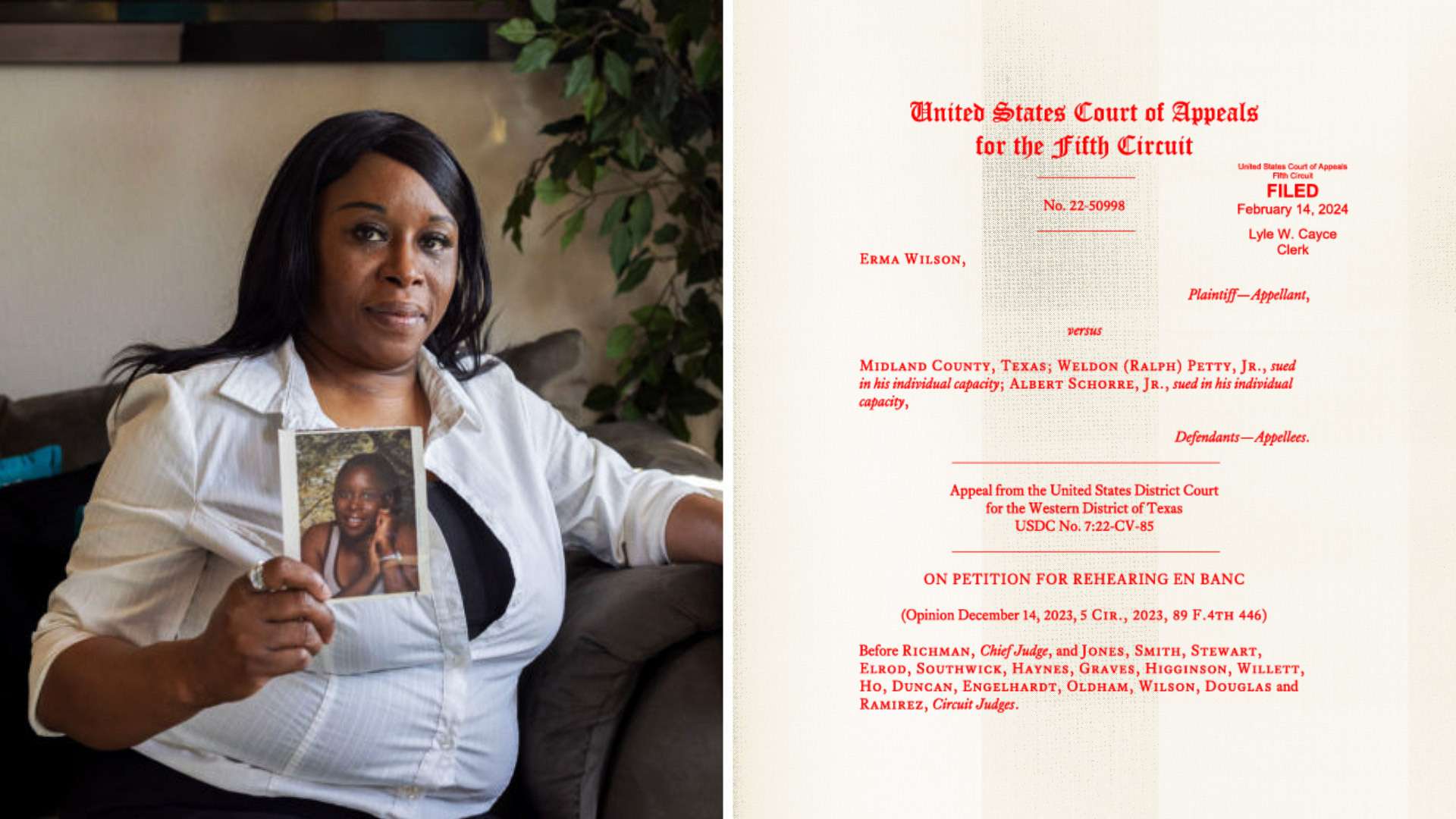The duty of a prosecutor is to ensure public accountability. However, when the prosecutor themselves is accused of breaking the law, seeking justice becomes incredibly challenging for the victims. Legal arguments were fiercely debated at the U.S. Court of Appeals for the 5th Circuit regarding a barrier preventing a lawsuit against a former assistant district attorney accused of severe misconduct, described by one judge as “utterly bonkers” last year.
The case revolves around Ralph Petty, who held positions as both an assistant district attorney and a law clerk simultaneously—working for the same judges. This setup allowed him to draft rulings as a prosecutor while also serving as a law clerk, raising concerns about due process.
One of Petty’s alleged victims, Erma Wilson, seeks to bring a civil suit against him. Wilson was convicted of cocaine possession in 2001, which continues to impact her life, preventing her from pursuing her dream of becoming a nurse due to restrictions on nursing licenses for individuals with drug-related convictions in Texas.
Wilson’s conviction coincided with Petty’s dual roles in Midland County, Texas. She alleges that he influenced her prosecution while working for the judge overseeing her case, compromising the integrity of the trial.
Typically, prosecutors are protected by absolute immunity, but Wilson faces obstacles due to her conviction status. Judge Don Willett acknowledged the challenge posed by Petty’s actions but noted that legal precedents limited the court’s options.
The court accepted the invitation to reconsider the case en banc, highlighting the complexities of Wilson’s situation. The Supreme Court precedent in Heck v. Humphrey complicates Wilson’s pursuit of justice, requiring her to overcome additional legal barriers.
If granted the opportunity to sue, Wilson would be the first of Petty’s alleged victims to seek recourse. Despite his disbarment in 2021, those affected by Petty’s actions may find little solace, especially considering the delayed justice.
Please rewrite this sentence.
Source link





